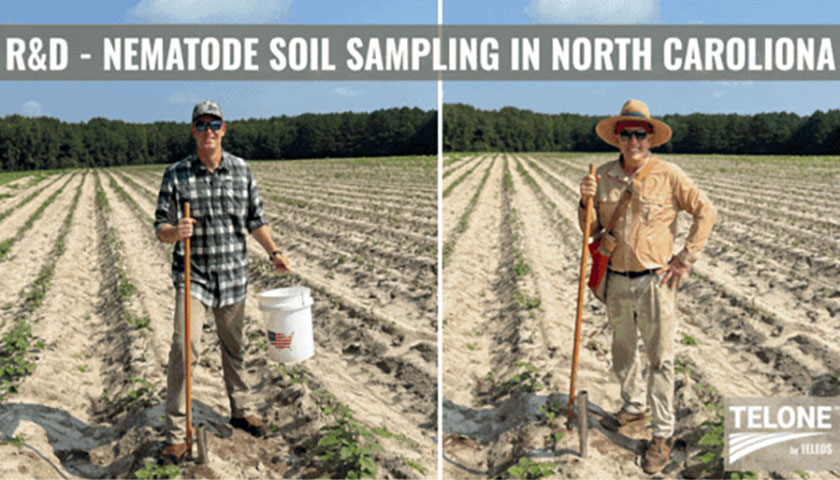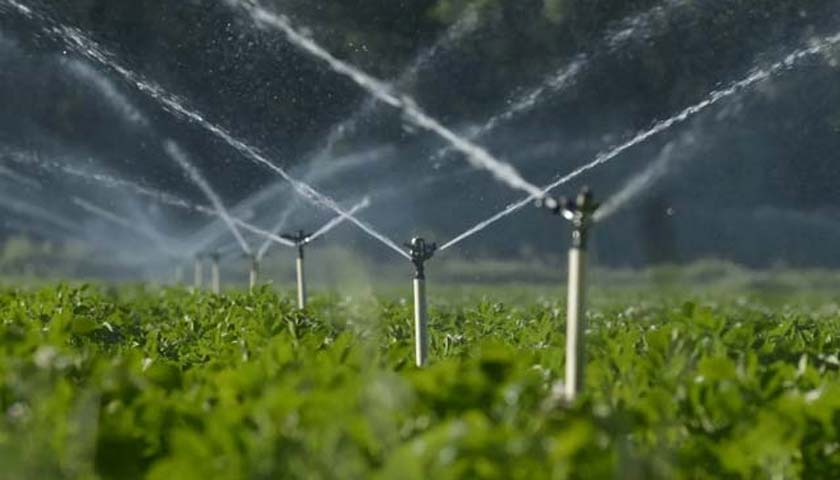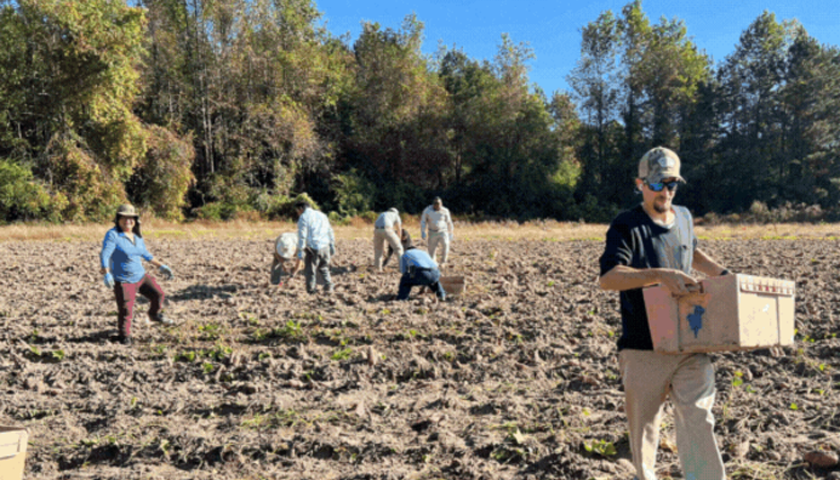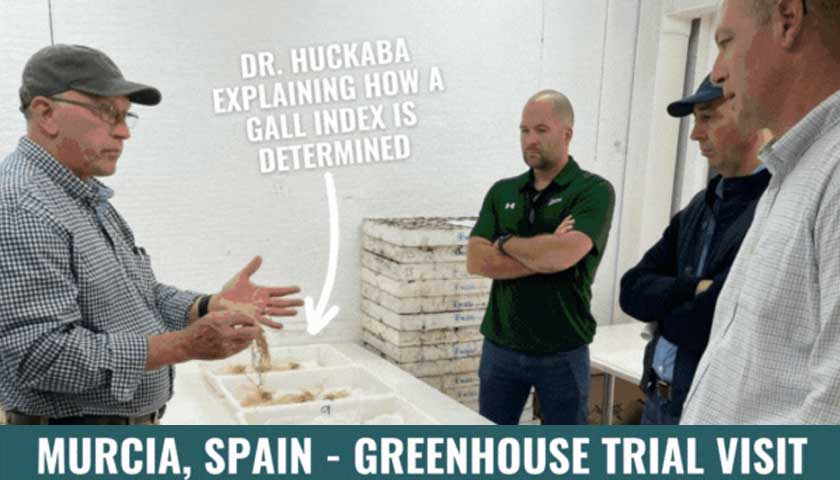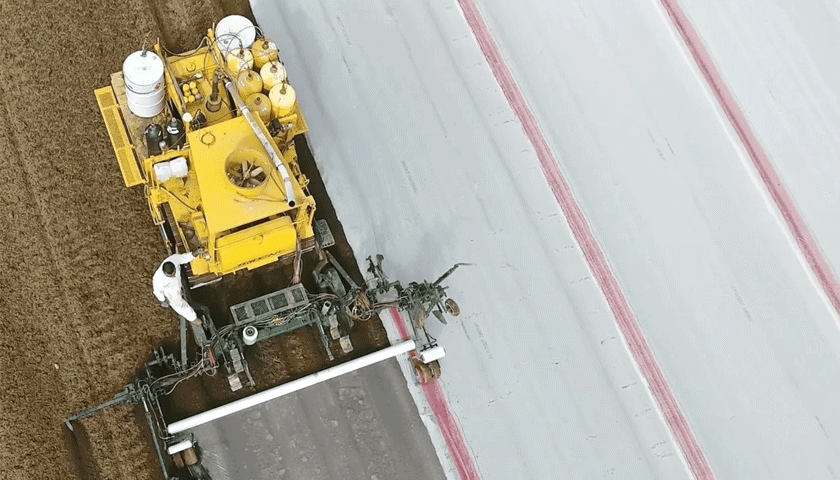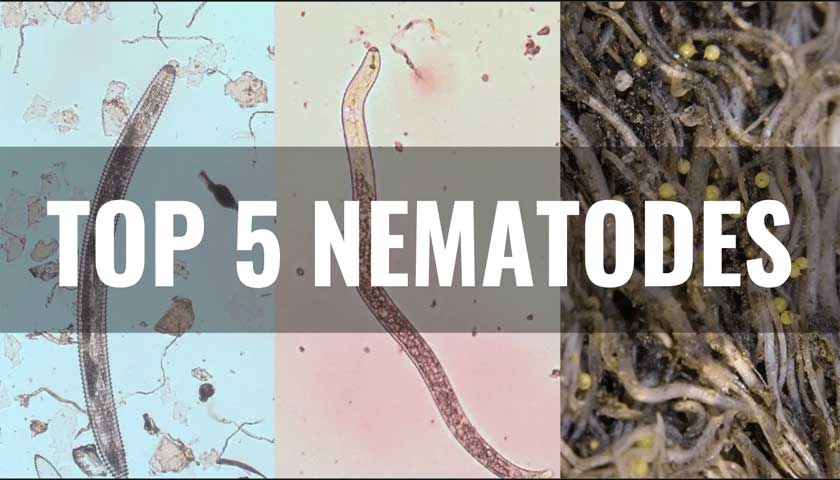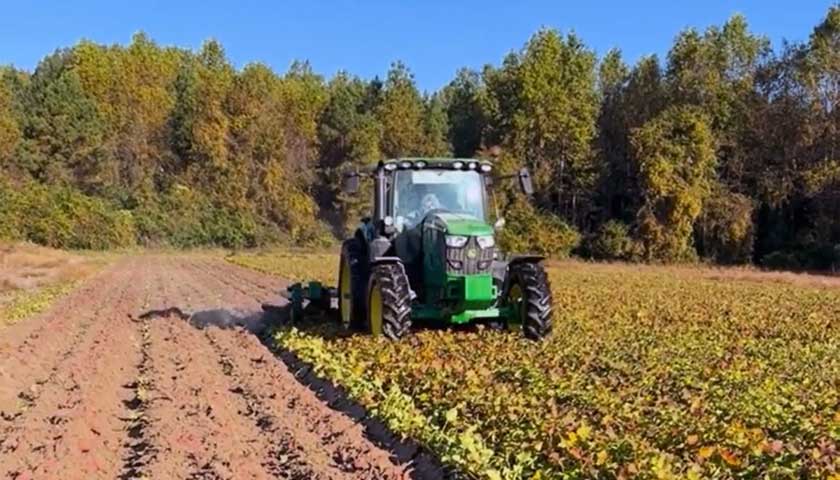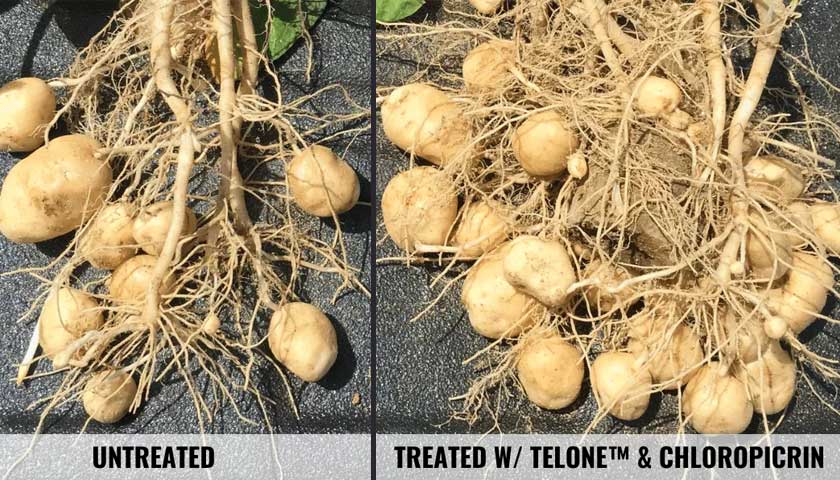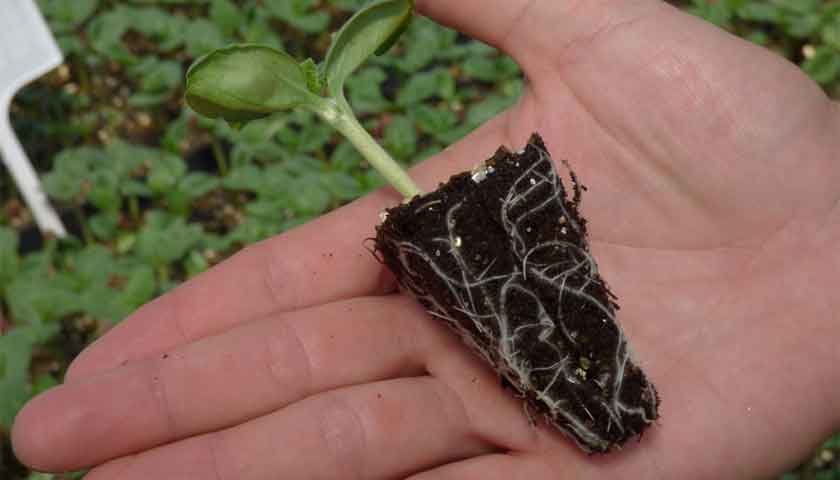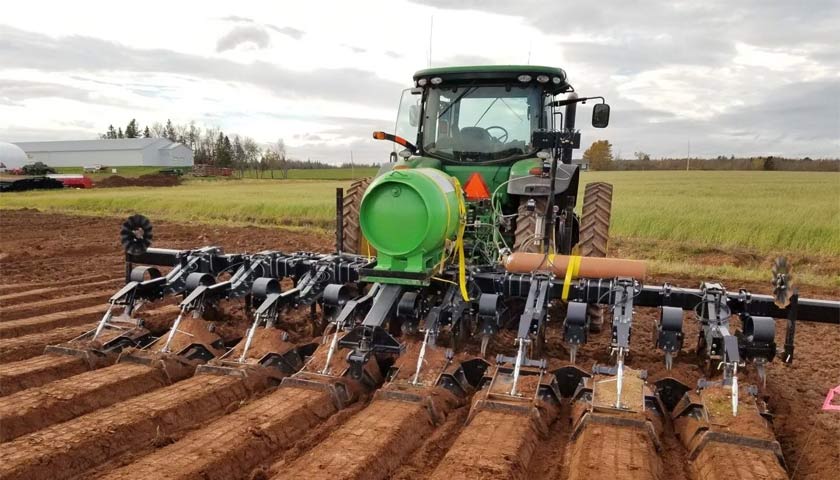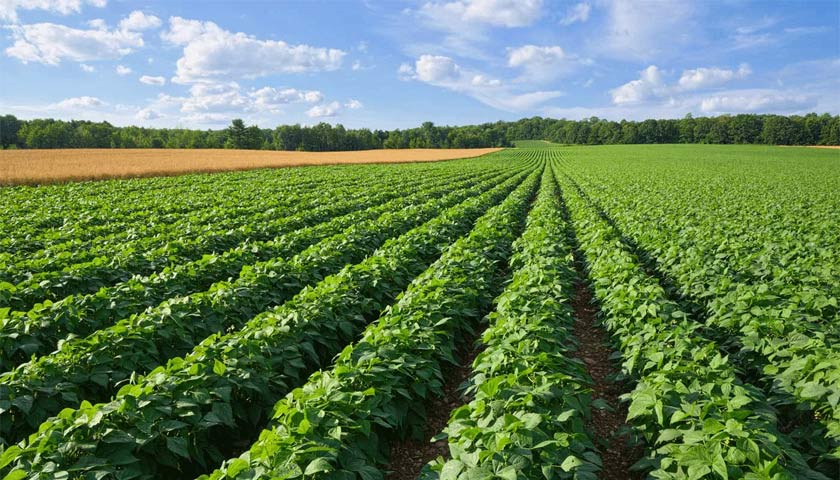Dr. Randy Huckaba

Dr. Randy Huckaba is the Director of Product Research and Development and Technical Agronomist Teleos Ag Solutions. Randy has a wealth of experience and more than 30 years in the agriculture industry. Randy has a Bachelor of Science in Entomology from University of Florida, a Master of Science in Entomology from North Carolina State University, and a doctoral degree (phD) in Weed Science from North Carolina State University.

